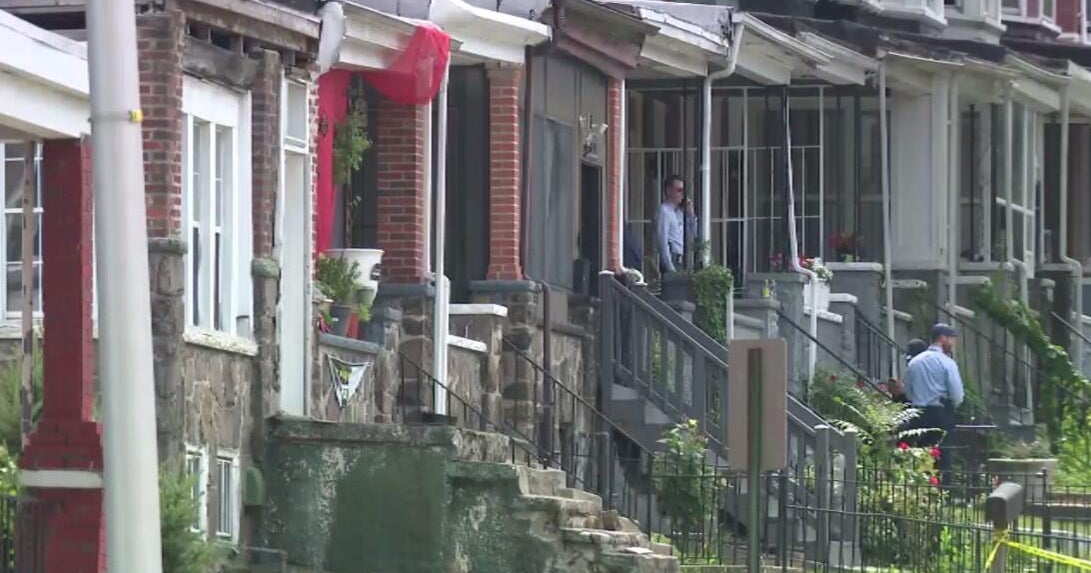Oregon Lawmakers Secure Housing & Mental Health Funding, Transportation Bill Falters in 2025 Session

The Oregon State Legislature has concluded its 2025 session, leaving behind a mixed legacy of significant achievements in housing and mental health alongside a frustrating failure to pass a comprehensive transportation package. While Democrats celebrated victories in addressing critical needs, the inability to reach consensus on transportation funding casts a shadow over the session’s outcomes.
Housing and Mental Health: A Focus on Support
A key highlight of the session was the passage of legislation allocating substantial funding to address Oregon’s ongoing housing crisis. The approved measures aim to increase the availability of affordable housing units, provide rental assistance programs, and streamline the permitting process for new developments. This includes initiatives to support first-time homebuyers and incentivize developers to build in underserved communities. The focus is on creating a more equitable housing landscape for all Oregonians.
Alongside housing, lawmakers also prioritized mental health services. New funding will be directed toward expanding access to mental healthcare providers, particularly in rural areas, and increasing support for individuals struggling with addiction. The legislation aims to reduce wait times for treatment and improve the quality of care available across the state. Recognizing the interconnectedness of mental health and housing, the funding also supports programs that address homelessness and mental health challenges simultaneously.
Transportation Package Stalls: A Missed Opportunity
Despite considerable effort, attempts to pass a comprehensive transportation package ultimately fell short. The proposed bill, which aimed to fund road repairs, public transit improvements, and bicycle infrastructure, faced significant roadblocks due to disagreements over funding mechanisms and priorities. Negotiations between Democrats and Republicans proved unsuccessful, leaving crucial transportation projects unfunded and raising concerns about the state’s ability to maintain its infrastructure and support economic growth.
The failure to pass a transportation bill is particularly concerning given Oregon’s growing population and the increasing strain on its transportation network. Experts warn that delayed repairs and inadequate investment in public transit could lead to increased congestion, safety hazards, and economic losses. The legislative session’s conclusion without a viable transportation solution leaves a significant challenge for future lawmakers.
Looking Ahead: Lessons Learned and Future Priorities
While the 2025 session yielded positive results in housing and mental health, the transportation debacle underscores the challenges of bipartisan cooperation in Oregon’s political climate. Lawmakers on both sides of the aisle have expressed disappointment over the transportation outcome and pledged to revisit the issue in the coming months.
The session’s successes offer a blueprint for future legislative efforts. Focusing on areas of common ground, such as addressing critical social needs, can pave the way for progress even in a polarized environment. However, addressing the state’s transportation infrastructure will require a renewed commitment to compromise and a willingness to explore innovative funding solutions. The future of Oregon’s infrastructure and the well-being of its citizens may well depend on it.





